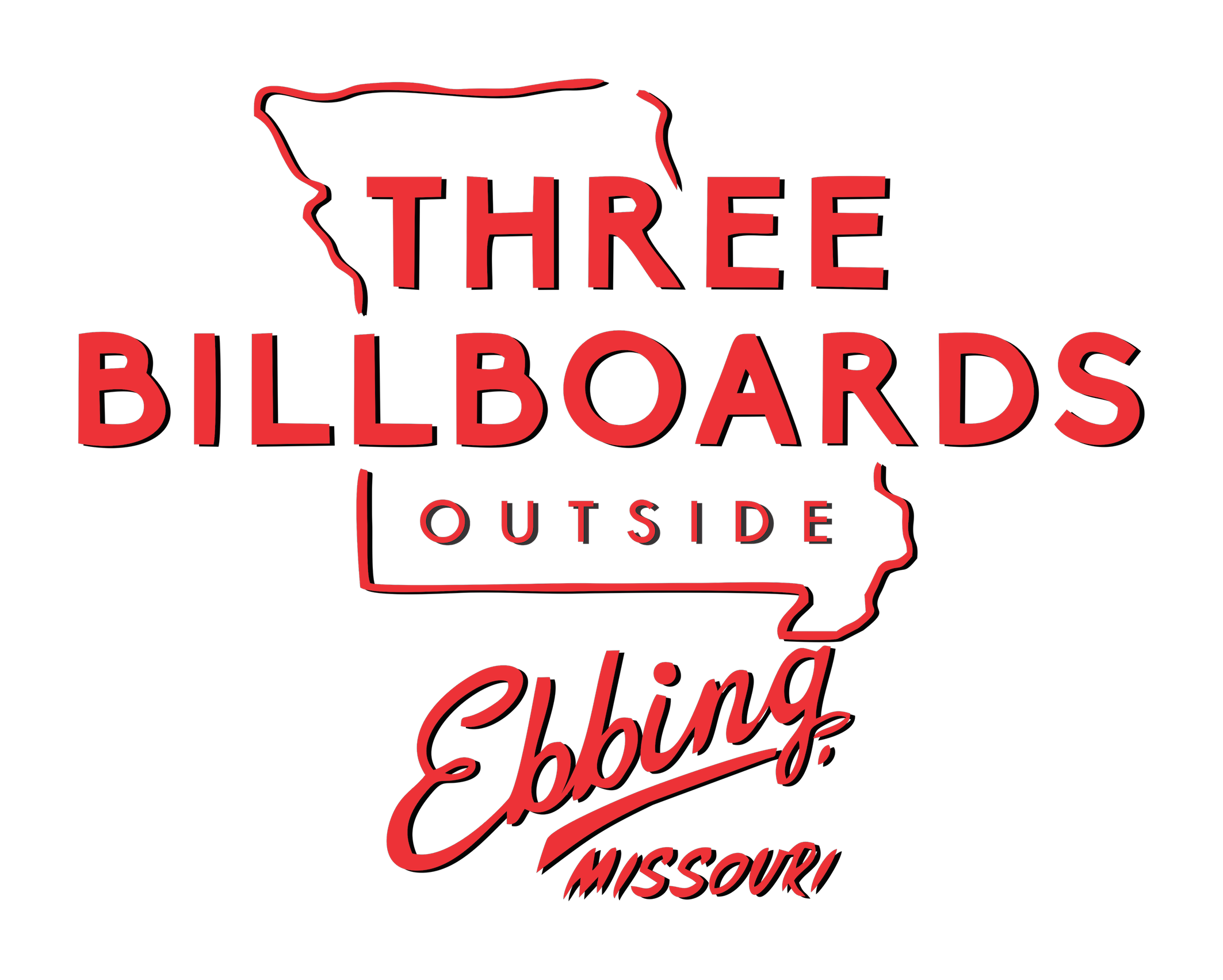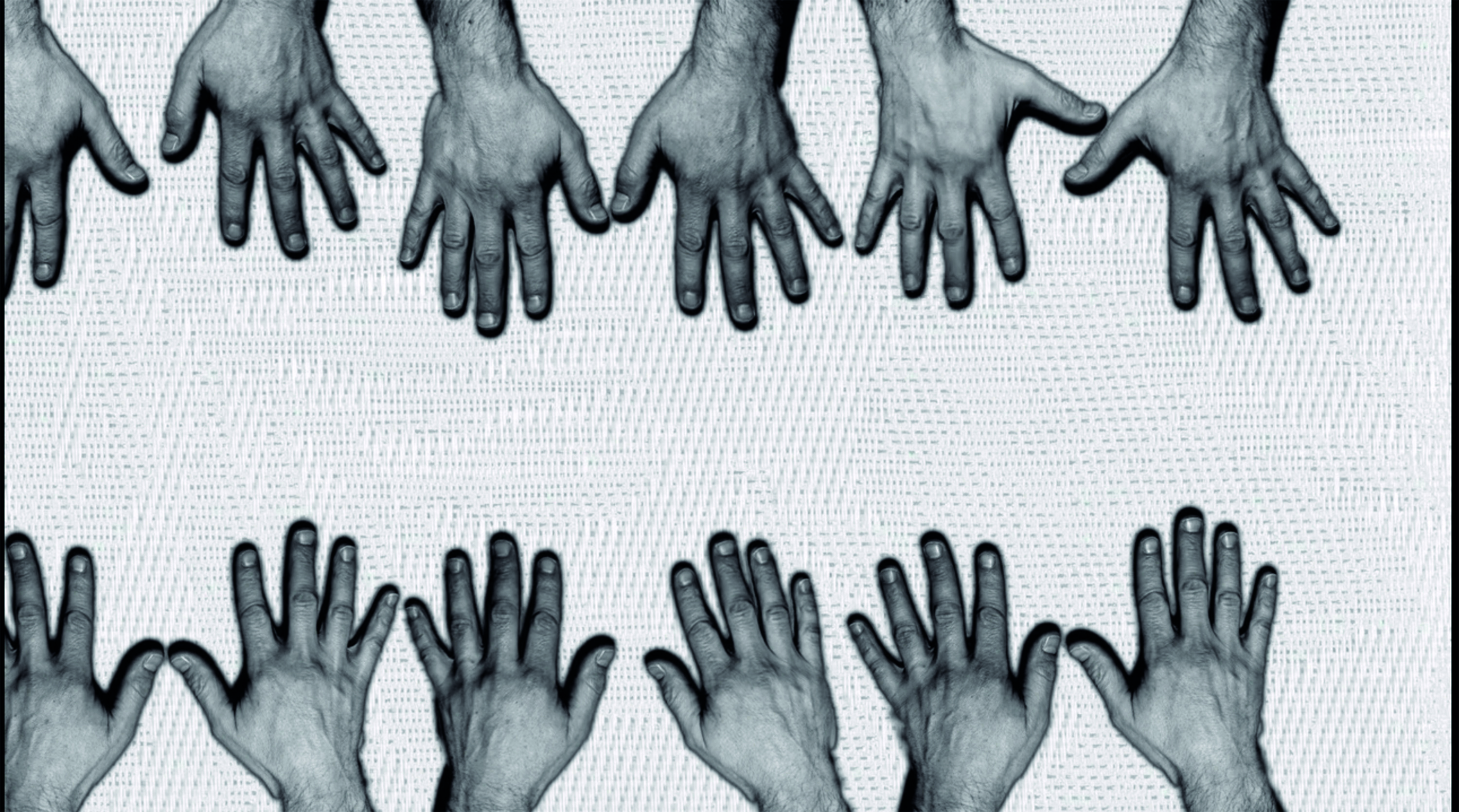When the trailers for Three Billboards Outside Ebbing, Missouri began to surface last year, I started to feel conflicted about the extent of praise that I had always awarded to McDonagh’s oeuvre. Naturally, the clips released highlighted the director’s enormous talent for sharp, fast-paced, witty dialogue (his previous feature – the brilliantly self-aware Seven Psychopaths (2012) – being one of the most satisfyingly quotable flicks of the decade) and his deftness at using violence as a confronting, physical form of dark comedy. But, with the premise of Three Billboards being about the rage of a grieving mother, whose daughter had been raped and murdered, McDonagh’s film would need a lot more than his characteristic zealous, cynical humour to make it work. When watching, I found that the trailers had largely been red herrings, and had cleverly concealed the real significant depth and detail of the feature they were presenting.
Three Billboards Outside Ebbing, Missouri delivered. It achieved something new, something valuable.
It is preposterous to suppose that satire cannot reach grave social issues. McDonagh proves, in his film, that the comic can be used to communicate something indescribably terrible in an approachable manner, creating a space which will endear its audience rather than isolate or repel them, thus leading to a nurturing opportunity for discussion. The comic in Three Billboards is never at the expense of the vulnerable. The absurd humour results from disruptions in the assumptions we are encouraged to make about the harrowing circumstances Mildred Hayes (Frances McDormand), and those around her, find themselves in.
Three Billboards Outside Ebbing, Missouri is a profound reflection on the power of human interaction. The characters McDonagh has created are so incredibly complex that they appear to have moods, think, exist and transform as the narrative perspective evolves. Their erratic behaviour mirrors the unpredictability of reality; their conversations and arguments are stupefyingly nuanced while simultaneously being laced with venomous, base language. The hilarity of the mundane realism in McDonagh’s dialogue is often due partly to the denial of advancement in conversation, when one character terminates the interaction under the guise that they have, autonomously, exhausted their responses.
The tête-à-tête in the police station, between Mildred and Chief Willoughby (Woody Harrelson), is devastatingly sad, and full of furious passion, but also absurdly funny. Any scene involving Officer Dixon (Sam Rockwell) is ridiculous, but believably so – Rockwell’s physical comedy, along with his eccentric expressions and energy are pure dynamite on screen. McDonagh makes every single shot and scene memorable with his extreme focus, showing the audience exactly what he wants them to see, and restraining the peripheral whilst highlighting the unexpected.
McDormand is phenomenal, giving Mildred immeasurable strength but allowing her to be pensive in her despair, leaving space still for biting comic delivery. Harrelson’s Willoughby subverts everything we think we know about the “Chief” with his playful, yet fantastically melancholy, and optimistic disposition.
There is far too much to say about a film which, in spite of its presumably deliberately provocative elements, covers so many contemporary predicaments (whether social, economic or psychological) that can be written in such a piece of prose as this, so here I conclude:
In essence, this film is tender – heart-wrenching, heartwarming – and while it lampoons it also remedies. The concept of favouring peace and resolve, over anger and retribution, is more crucial today than it ever has been. Comedy is now finally being taken seriously, and Three Billboards proposes a method of social appeal. Laugh, cry, philosophise and wonder how this film could possibly make you do those things.
Watch this film.





